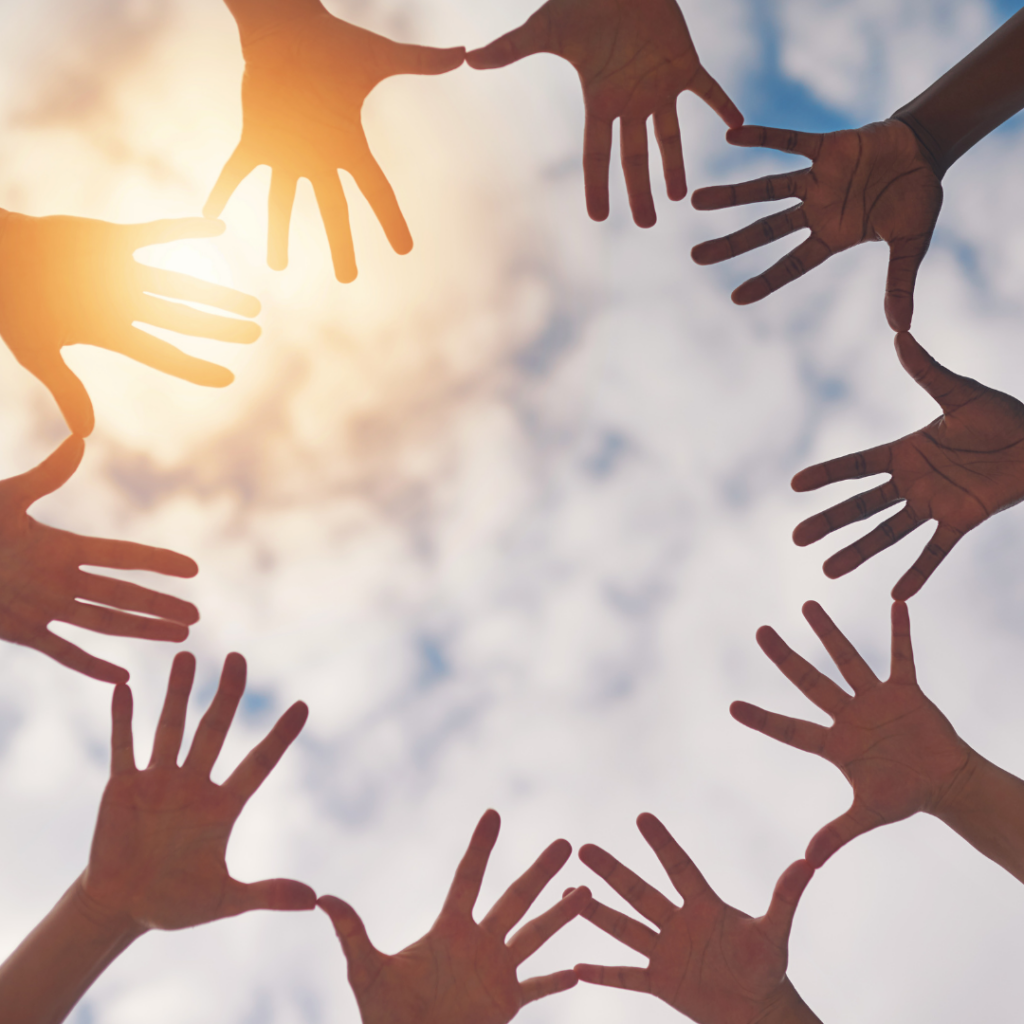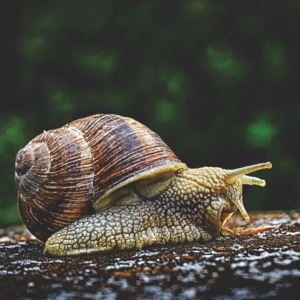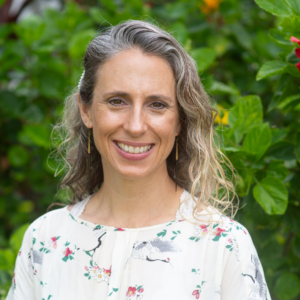Welcome to the heartbeat of Integrative Counsel, our blog where tranquility meets transformation. This is your sanctuary for insights and wisdom on nurturing a harmonious connection between mind, body, and spirit.
Why Psychedelics Now?

In today’s world, we are faced with a multitude of anxieties such as increased inequality, environmental degradation, and precarious work. It is no wonder that mental health concerns continue their upward trend, which is a swell that not only impacts those individuals but that has a ripple effect across families, communities, and economies.
A novel response is required and has already begun. Psychedelic-assisted therapy has the potential to aid people in uncovering deep-rooted emotions and beliefs that remain the cause of present-day symptoms. It can provide individuals with treatment-resistant mental health concerns with more persistent breakthroughs and prolonged improvement in symptoms.
However, it has been tried and failed in the past; not because it wasn’t effective but because we, as a society, were naive to the implications.
The question then becomes, “Have we learned enough to do it differently this time?”
“Turn On, Tune In, Drop Out,” Timothy Leary’s oft-quoted maxim, didn’t have the beneficial impact he intended of utilizing psychedelics to “turn on” to a new awareness, “tune in” to inward exploration, and “drop out” from conventional society.
Instead, government crackdowns, negative media portrayal, internal fractures, and exploitation ensued – at a similarly stark time in our world history.
The faded hope of the ‘60s succumbed to the decadence of the ’70s and ’80s. It seemed as if we went to sleep, rather than doing the more difficult work of healing and growing. This, unfortunately, is no longer afforded to us. We do not have the luxury to “drop out” this time.
According to the Doomsday Clock, where midnight represents the moment we will have made the Earth uninhabitable, we are at 90 seconds to midnight – the closest it has ever been. We are pressed to choose an alternative. Will we choose to grow this go-around?
To grow, though, means not just as individuals but as a society we must learn to manage dichotomies. Carl Jung states, “The ego keeps its integrity only if it does not identify with one of the opposites, and if it understands how to hold the balance between them. This is possible only if it remains conscious of both at once.”
The key is holding the tensions of opposites. Easier said than done.
What that means practically is the reimagining (or more bluntly, unlearning) of things we’ve held sacred and that have provided a (false) sense of security through their either/or, black/white surety.
What we must unlearn and where we are required to hold the tension of opposites:
- Mental health is more than a cluster of symptoms
- Science alone can no longer serve as our go-to Godhead
- Pleasure can heal but pain is always a necessary part of the process
- Consciousness cannot be reduced solely to synaptic connections
- Rinse and repeat just might be the destination
Mental health is more than a cluster of symptoms.
The DSM (Diagnostic and Statistical Manual of Mental Disorders), now in its fifth edition, was originally published in 1952 and serves as the principal authority for psychiatric disorders. It is what all psychotherapists are trained in and what all insurance carriers require for billing.
The DSM has become our shared nomenclature and currency. However, rarely is it used for real-world therapeutic interventions. Knowing a cluster of symptoms for depression can be helpful but it doesn’t lead to feeling any better.
In addition to having a solid understanding of diagnoses, it is imperative to have a deep appreciation of the human experience.
Joseph Campbell in his well-known book, The Hero with a Thousand Faces, revealed that great myths often share a fundamental structure with a similar motif, which he called “the hero’s adventure.” And, aren’t we all the heroes of our own stories?
Everyone is searching for meaning and we all have (different, yes) bumps and bruises along the way. From this perspective, there is an arch. Though never a straight line, there are predictable stops along the way.
With this information, we can begin to orient ourselves with greater agency – even as we explore “symptoms” that span beyond the DSM.
Science alone can no longer serve as our go-to Godhead.
We want our doctors (and their medical books) to be able to tell us the way – we want them to have an easy cure that takes away our pain. However, with psychological pain in particular, this is rarely – if ever – the case.
It is far too easy to transfer this same externalized mentality to “medicine,” especially medicine imbued with powerful psychedelic properties. We project our fears and expectations onto these molecules. They then, regrettably, succumb to becoming our sacrificial lambs.
The benefit of psychedelic-assisted psychotherapy isn’t for psychotherapists to act as our next medical or religious leaders, but rather to create the space for clients to become their own healing agents.
Therapists can do a great deal of work to aid clients in the safe preparation (“set and setting”) of their experience and processing (“integration”) of the material that arises.
However, the shared required presupposition is that what arises from a person’s subconscious (and potentially transpersonal) is for their ultimate healing.
This is a radical departure from our desire to fix (fill in the blank) from outside of ourselves. Not everyone is going to share the underlying premise of innate healing intelligence, and psychedelic-assisted therapy isn’t a good fit for everyone. In my humble opinion, though, what ultimately heals comes from within – this is true wisdom.
Pleasure can heal but pain is always a necessary part of the process.
I recently read about a doctor in Ohio whose medical license was revoked simply for prescribing Ketamine, regardless of the vast amount of research being amassed on its rapid-acting anti-anxiety, anti-depressant, and anti-suicidal properties.
The top reasons quoted: the recent death of Mathew Perry (conflating his unfortunate death to ketamine used in therapeutic practices) and people using it to “get high.”
It is strange to me the absurd contradiction that as humans we all seek pleasure, for which we feel guilt. However, we negate the notion that psychological healing can take place in the context of enjoyment. (Though, not all – or even most – psychedelic experiences are necessarily pleasurable in the way we commonly use the term.)
Ketamine is legal and safe when under the care of a competent provider. Ketamine became an FDA-approved medication in 1970 and is on the World Health Organization Essential Medication List. It is a glutamate modulator and works on the NMDA receptor. It, therefore, works differently from many other psychotropic medications, which mainly work on the Serotonin, Norepinephrine, or Dopamine receptors. It also has been proven to improve neuroplasticity.
Ketamine Assisted Psychotherapy (KAP) is a form of therapy where the patient takes ketamine while they are with a therapist or provider and is considered a therapeutic intervention used in conjunction with various forms of counseling and therapy.
The pleasure/pain dichotomy has tripped up humankind the longest. When we understand that it is never either/or, we can begin to see that we can have both. And, that both are likely a part of all of it – our lives and our healing.
Nothing is an elixir. However, psychedelics can assist us in remaining curious in the face of fear – therefore, more able to face pain, which gives us an inroad to healing.
Consciousness cannot be reduced solely to synaptic connections.

From early philosophers such as Aristotle and Plato and ancient spiritual traditions expounding on the nature of the mind and soul to Descartes’s dualism and cognitive neuroscience, every generation is seeking clarity on how it is that we are aware.
It would be incredibly reductionist to believe that the sum of who we are is equivalent to the three pounds perched on top of our spines. If this were true, psychotropic medications (medication used for psychiatric disorders) that target the brain would be far more effective than they are because there wouldn’t be any other competing factors. (Response rates for antidepressants in clinical trials generally range from 30% to 40%. https://www.ncbi.nlm.nih.gov/pmc/articles/PMC3628961)
However, the fact is that our perception is influenced by a multitude of factors – beyond that which is encased in our skull.
Consciousness, just like psychedelics, cannot be housed in one discipline (i.e. neuroscience). Psychedelics can expand our understanding of consciousness, uniting a variety of fields including philosophy, psychology, the Arts, and science.
The humanities more broadly, with its emphasis on exploring the richness and complexity of the human experience, are imperative for a comprehensive understanding of consciousness and, therefore, psychedelics.
Otherwise, if we stack all of our proverbial eggs of “healing” into a not-so-neat medicalized basket, we risk the same downfall as our predecessors.
Rinse and repeat just might be the destination
The process of healing (and we all have something to heal, whether it be mentally/emotionally/behaviorally/or in relationships) is never as simple as ailment + antidote = cure.
It is important to note that though psychedelics can provide tremendous insight by inviting a broadening of perspectives, insight doesn’t necessarily mean change. Change takes place in the day-to-day. Change is a practice.
The path to psychological healing is inherently nonlinear and ever-unfolding. Frustratingly so. But, that is the point. Change requires doing something differently over and over again. Psychedelics can help foster tremendous insight and perspective. And, then, the work is to live these into reality.
We are so conditioned to want immediacy, especially when we are suffering, that it is alluring to want to believe that psychedelics can be a panacea. However, that is falling into the same trap – one that will ultimately lead to a similar conclusion if we are not conscious of how we frame this opportunity. If we believe anything to be a cure-all, we’ve already failed.
A phrase that you will often hear in psychedelic-assisted psychotherapy is, “Go slow to go fast.” Preparation – including mindset (“set”) and the physical setting (“setting”) are paramount. Therefore, far from just “getting high,” much thoughtfulness is required. Careful screening and preparation are crucial.
Thinking differently in this way challenges our entire way of being, though. It is no longer about commodifying “getting somewhere”. It requires us to take ancient wisdom accumulated and transmitted over many generations seriously. It necessitates an unlearning and true understanding that we (including plants, animals, and the planet) are all in this together.
Going beyond these dichotomies, which requires remaining conscious of them and holding the balance between them, invites the question of what that might look like.
Rather than “dropping out,” we must “double down” in our discipline and awareness. The time is now for a coming together (an “integration,” a word often used in psychedelic-assisted psychotherapy) of past and present, medicine and art so that we can pave a new way.
What this means concretely is rigorous research with clear methodologies and ethics at the forefront and a focus on symptom reduction for amorphis mental health conditions. It means protecting Indigenous traditions and lands, interacting differently with the planet, and providing access to quality and affordable training for licensed professionals and services for those in need.
There is a paramount need to build trust and legitimacy within the psychedelic field and prioritize the mitigation of risks at this time. Safe and responsible guidance through the psychedelic experience is not only possible but just maybe how we can begin to “hold the tension of opposites” necessary for all healing and growth – individually and as a species.
“Psychedelics, used responsibly and with proper caution, would be for psychiatry what the microscope is for biology and medicine or the telescope is for astronomy.”
Stanislav Grof
Sign up for our newsletter for additional insights and information about this ever-evolving field.
Dayna Wood is the founder of Integrative Counsel; at Integrative Counsel, we offer an eclectic style of treatment that integrates the mind, body, and transpersonal. Our “special sauce” combines creative, out-of-the-box thinking with solid scientific research so our clients get the best of both worlds. Our team of experienced counselors has specialized knowledge in relationships, trauma, OCD, and other expansive therapies – aiding people in uncovering deep-rooted emotions and beliefs that remain the cause of present-day symptoms so they can experience more persistent breakthroughs. We understand that mental health is more than just its symptoms!
March 25, 2024
Click here to book a consultation call and start navigating your personal path to mental harmony with a therapist who gets you. Your journey, your pace, your story—let's unfold it together.
Let's keep the conversation going.
Feeling the spark to light up your wellness journey?
resources
CONTACT
RATES
join us
shop
SERVICES
OUR APPROACH
visiting professionals
OUR TEAM
HOME
727.342.0054
hello@integrativecounsel.com
Integrative Counsel is committed to providing culturally competent services. We respect the uniqueness of every person including, but not limited to race, ethnicity, gender identity, sexual orientation, class and religious affiliation.


